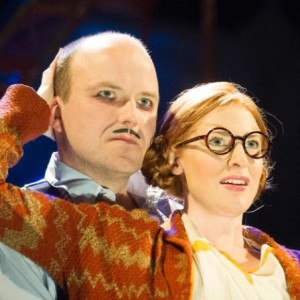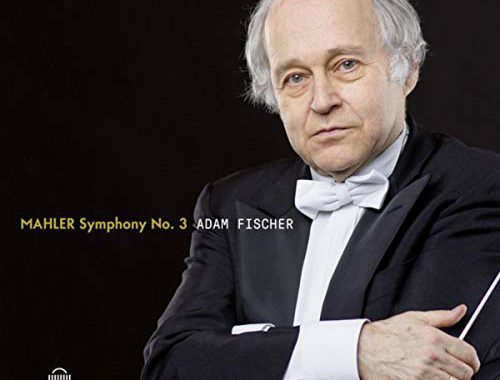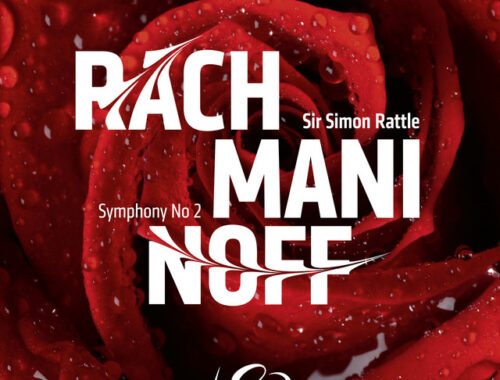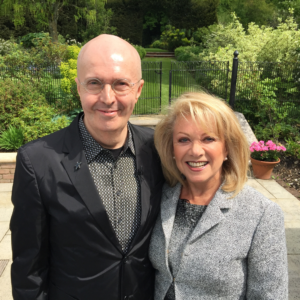Threepenny Opera, National Theatre
 John Gay started it, Bertold Brecht politicised it, and right now Dougal Irvine has smartly contemporised it in rhyming couplets. But beggars or buskers aside there’s only one Kurt Weill score – insidiously catchy down to its last quaver – and over at the National Theatre they’ve even thrown in “Surabaya Johnny” for good measure. But there’s the rub. Rufus Norris may have commissioned a new adaptation of the Brecht by Simon Stephens to tick myriad boxes of contention from the politics of gender, sexuality, disability, and (naturally) the Middle East to the ever looming shadow of radical nationalism but no amount of theatrical panache and comic posturing can ever really disguise the fact that between the songs Threepenny Opera is a bore. The message is in the title, of course, but carrying forward that message – the message of social inequality – is an endeavour of diminishing returns in a world where Donald Trump really could assume political as well as financial power untold. In that world Brecht’s raunchy satire and earnest socialist platitudes seem rather quaint no matter how you dress them up. Captain Macheath – with or without his switchblade – seems rather cuddly as manifest in Rory Kinnear’s shiny-suited and sexually ambidextrous conman.
John Gay started it, Bertold Brecht politicised it, and right now Dougal Irvine has smartly contemporised it in rhyming couplets. But beggars or buskers aside there’s only one Kurt Weill score – insidiously catchy down to its last quaver – and over at the National Theatre they’ve even thrown in “Surabaya Johnny” for good measure. But there’s the rub. Rufus Norris may have commissioned a new adaptation of the Brecht by Simon Stephens to tick myriad boxes of contention from the politics of gender, sexuality, disability, and (naturally) the Middle East to the ever looming shadow of radical nationalism but no amount of theatrical panache and comic posturing can ever really disguise the fact that between the songs Threepenny Opera is a bore. The message is in the title, of course, but carrying forward that message – the message of social inequality – is an endeavour of diminishing returns in a world where Donald Trump really could assume political as well as financial power untold. In that world Brecht’s raunchy satire and earnest socialist platitudes seem rather quaint no matter how you dress them up. Captain Macheath – with or without his switchblade – seems rather cuddly as manifest in Rory Kinnear’s shiny-suited and sexually ambidextrous conman.
Brechtian alienation is the camouflage, of course, and Norris sets that up in the stripped down shell of the enormous Olivier stage where the detritus of theatrical hardware appears to have been strewn randomly into the space. A colleague behind me wrily quipped that the budget had clearly gone on the set – and therein lies the biggest irony of all. Have you any idea how much money it costs to make something look this cheap? As ever, designer Vicki Mortimer does a cracking job. But enter now the entire cast and band to stand silently and look accusingly at their complicit audience. Complicit? For how long?
Is three hours worth of rather aimless satire a price worth paying for keeping Threepenny Opera’s brilliant score alive? The Weill sound circa 1920s Berlin (his own orchestrations terrifically harnessed here by music director David Shrubsole) was the essence of streetwise and cynical – a coarse blend of sour trumpets, clarinets and saxes melded with wheezy harmonium and bandoneon as inseparable from the quirkiness of his melodies as the wilful waywardness of his vocal lines. They come at you with unadorned intensity. Listen to Rosalie Craig (Polly Peachum) in her big numbers – not least the amazing “Pirate Jenny” – where headstrong Polly needs to invoke the bookish revolutionary through vocal lines which push through all conventional breaks and drive the performer right out of any recocognisable comfort zone. Both Craig and Haydn Gwynne (as Mrs Peachum) are brave enough to let the songs take them where they need to go dramatically and emotionally. The songs control them, not the other way around.
To give Brecht his credit, the songs are the thing here and if only we could find a way of condensing the context for them into a pithier and more dramatic whole then Threepenny Opera would have more of a future. For now, Rufus Norris and Simon Stephens have definitely not cracked that one. But perhaps now the National Theatre can be spurred to look at Weill’s Broadway legacy – where in my view most of his greatest work was done – and find ways of restoring those pieces in ways that the commercial theatre no longer will.
You May Also Like

GRAMOPHONE Review: Mahler Symphony No. 3 – Larsson, Düsseldorfer Symphoniker/Fischer
05/12/2018
GRAMOPHONE: From Where I Sit – June 2021
18/06/2021

One Comment
Laurel Brake
Pithy; wry; and with a solution. A pleasure to read.
Going tonight.Still looking forward to it; likely to be a mixed ‘Remain’ moment.